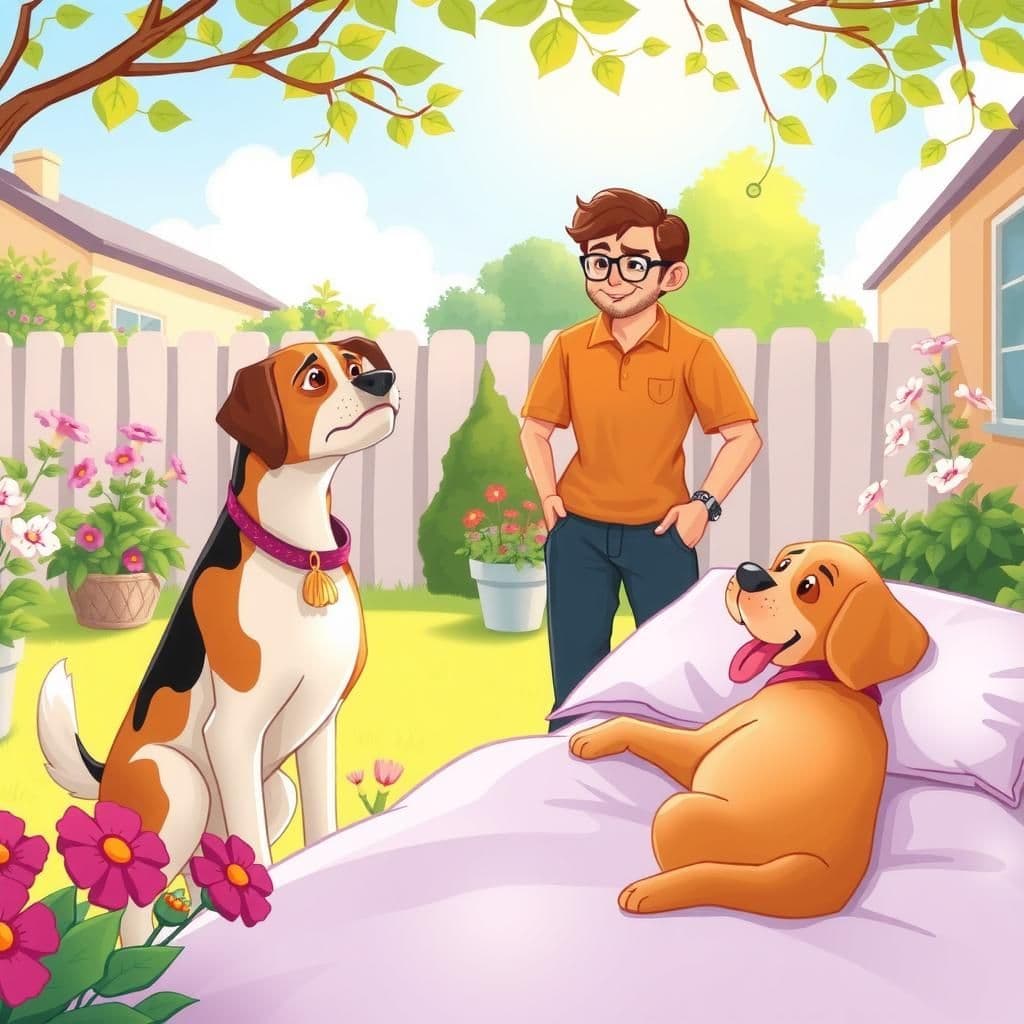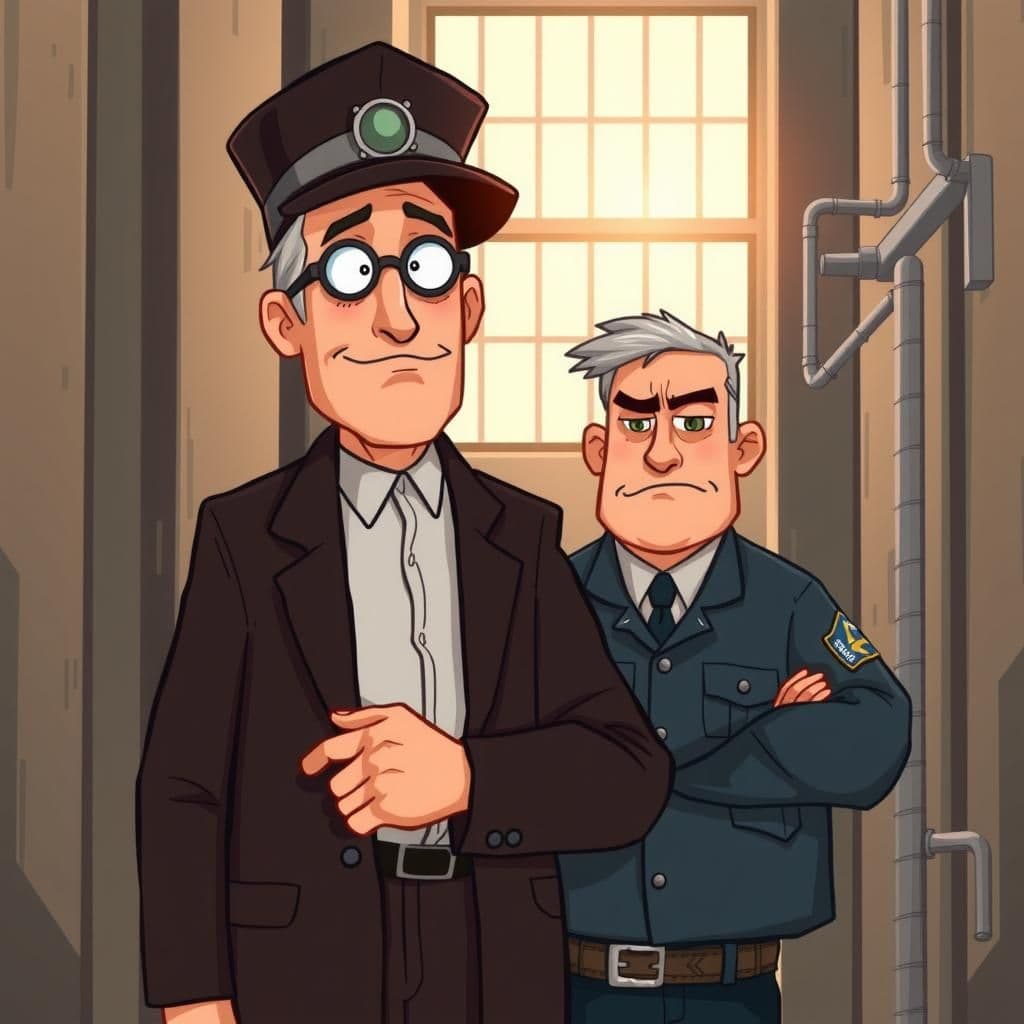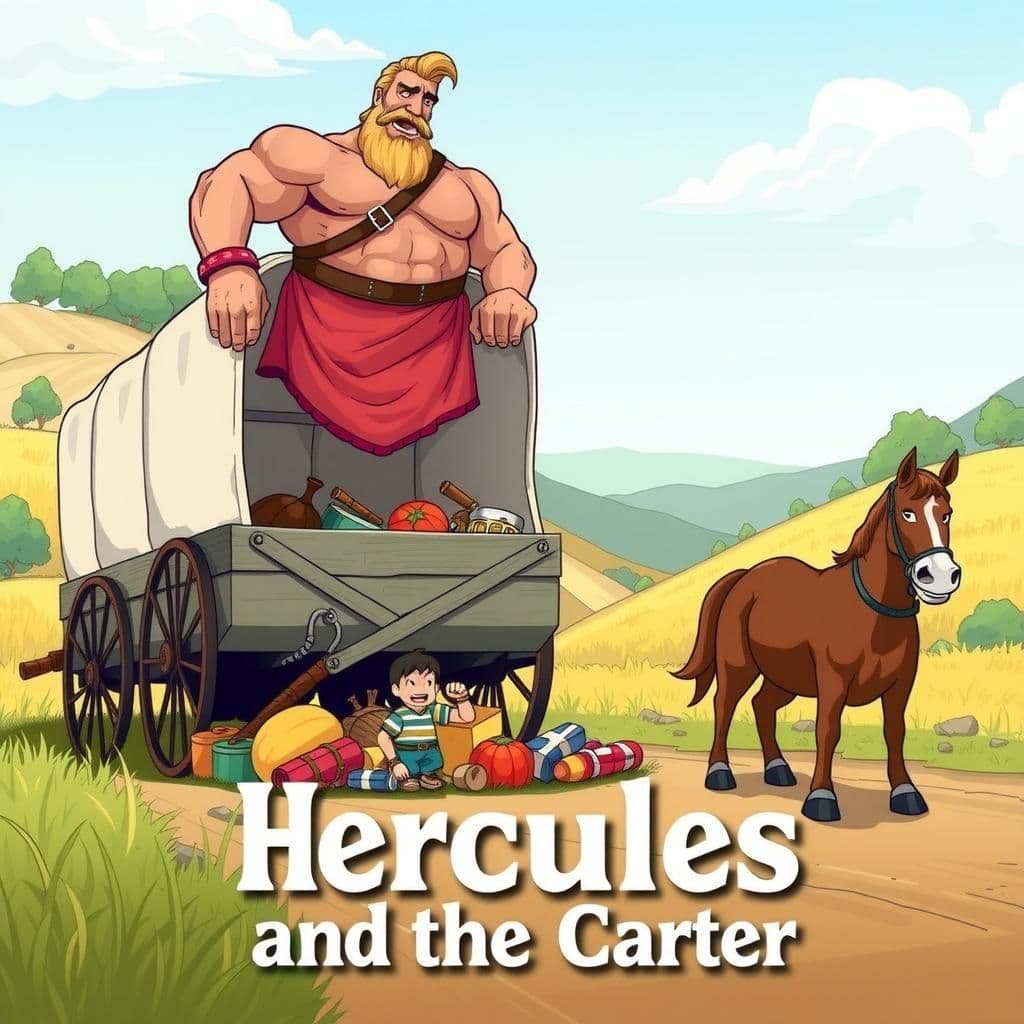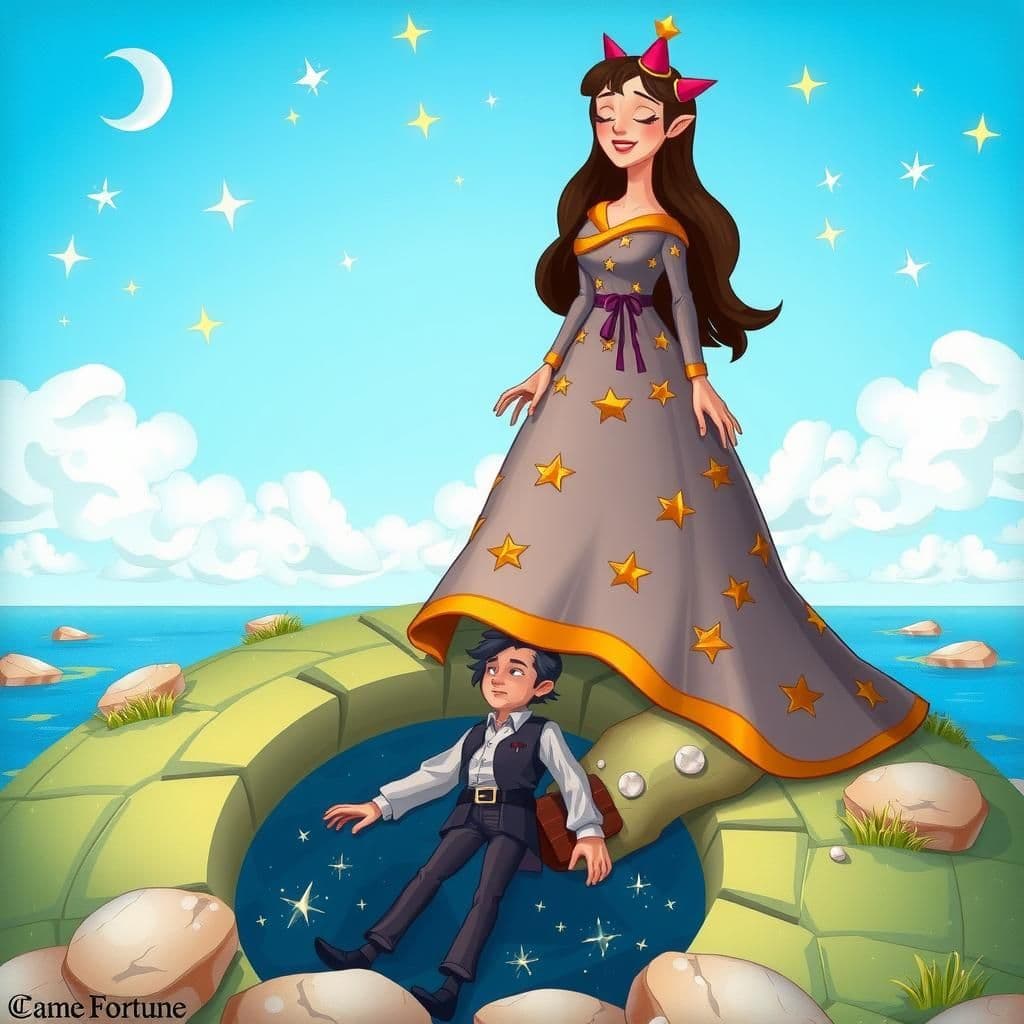The Two Dogs
In this concise moral story, a Hound complains to a Housedog about receiving a share of the spoils despite not hunting. The Housedog explains that it is the master's choice to teach him to rely on others, highlighting the lesson that children should not be held accountable for their parents' actions. This easy small story with moral serves as a reminder for class 7 students about fairness and responsibility.

Reveal Moral
"Children should not be held responsible for the circumstances or shortcomings imposed upon them by their parents."
You May Also Like

The Thoughtful Warden
In "The Thoughtful Warden," a penitentiary warden faces criticism from a mechanic for installing locks that can be opened from the inside, which the mechanic labels as imprudent. The warden, however, defends his decision as a thoughtful provision against life's unpredictability, highlighting the deeper lesson that wisdom often lies in anticipating unforeseen circumstances. This unique moral story resonates as a meaningful tale for kids, illustrating the importance of foresight and understanding in decision-making.

Hercules and the Carter
In this simple short story with a moral, a Carter finds his wagon stuck in a rut and, instead of taking action, prays to Hercules for help. Hercules scolds him for his laziness, prompting the Carter to unload valuable goods, which allows the horses to easily pull the wagon free. This short moral tale emphasizes the importance of self-reliance and taking initiative in the face of challenges, making it a noteworthy entry among top 10 moral stories in folklore.

Dame Fortune and the Traveller
In this captivating moral story, Dame Fortune discovers a weary Traveller asleep near a deep well and fears he might fall in, leading to unjust accusations against her. To prevent this from happening, she takes drastic action and rolls him into the well herself, highlighting the sometimes ironic and impactful lessons found in fable stories with moral undertones. This short moral tale serves as a reminder of the lengths one might go to avoid blame, revealing the complexities of justice and perception.